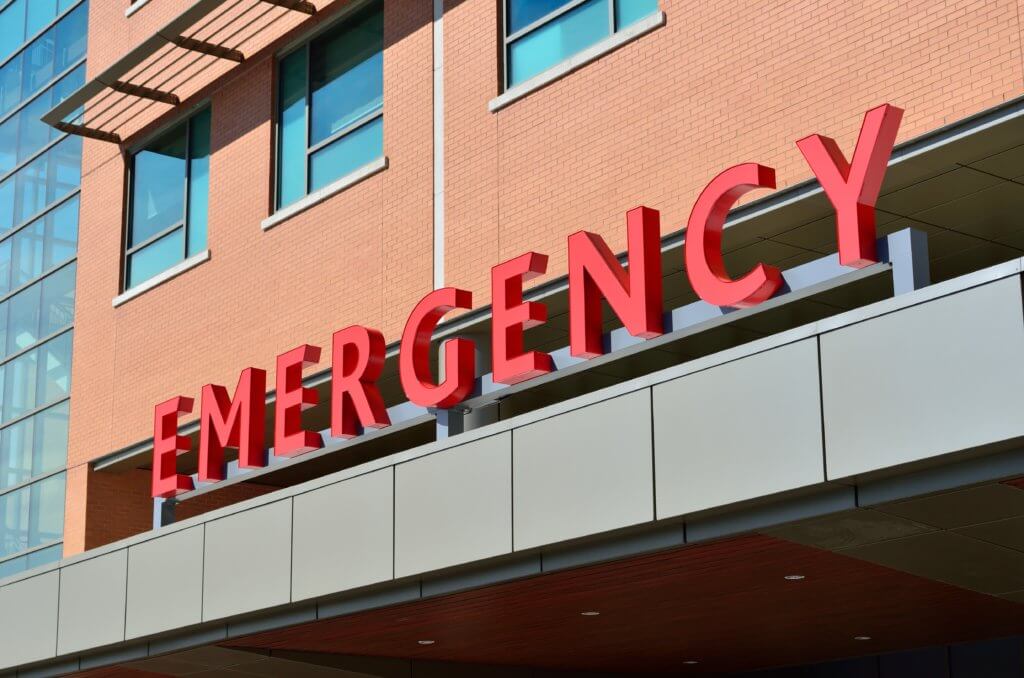Medical malpractice
Another Philadelphia Hospital Announces it’s Closing Its Doors

After serving the Cobb Creek neighborhood for more than 100 years, West Philadelphia’s Mercy Hospital will begin the process of closing its doors to inpatient care. With the announcement of its impending closure, Mercy Hospital joins Philadelphia’s Hahnemann University Hospital and St. Joseph’s Hospital as the third recent health care system in Pennsylvania to cease operations.
These health care system closures highlight a troubling trend of deeming low-income supporting health care systems unprofitable, leaving patients without options and increasingly susceptible to unnecessary harm due to hospital negligence.
Trending Mergers and Acquisitions
Healthcare mergers are a growing trend that peaked in 2019; however, patients wind up snubbed as a result of the financially charged decisions. With the expected August 2020 closure of Mercy Hospital, residents of the Cobb Creek neighborhood will have to travel 12 minutes for the nearest medical care. For a patient experiencing a medical emergency, an additional 12-minute commute could mean life or death. Many of the hospitals deemed unprofitable by their parent companies are in low-income neighborhoods already at a disadvantage for health care options, making additional closures a public health concern.
The closure of Mercy Hospital due to profit concerns comes even after the facility saw a major $15 million renovation barely two years ago in 2018 to its emergency room, which included 30 additional ER beds.
Increase in Hospital Negligence
Hospital negligence refers to medical malpractice associated with unnecessary pain, injury, or death as a result of improper care administered by a hospital’s staff and/or individual physicians. Hospitals that lack adequate resources, staff, and funding, unfortunately, fall through the cracks, and negligence becomes the status quo.
Hospital negligence can take place in many forms and can come with severe consequences for patients and their loved ones, including death. Common forms of hospital negligence include:
- Misdiagnosis
- Unnecessary surgery
- Surgical errors
- Failure to diagnosis
- Misreading results from diagnostic testing/x-rays
- Poor follow-up and aftercare
- Premature discharge
- Failure to order proper testing
Patients benefit most with a competitive health care market, where they can choose among options for receiving care, causing hospitals to perform better to improve the likelihood of patients choosing their facilities. This increased competition for patients generally translates into a decrease in hospital negligence and in costs to patients, as hospitals will not focus their attention solely on patients with higher-paying private insurance. Unfortunately, Philadelphia has not seen a health care market like this in some time, and the palpable shift can be felt throughout the city and surrounding communities.
The Future of Philadelphia Hospitals
Philadelphia residents may start to question the future of health care for their city. Hahnemann University Hospital featured about 570 medical students in its residency program and trained around 500 medical students and 800 nursing students each year when it was still in operation. Its closure stunts the future growth of Philadelphia medicine.
The remaining health care facilities are now required to bear the burden of closures around them; physicians and health care staff who already find themselves running low on medical resources and qualified personnel will be asked to give even more.
Philadelphia Hospital Negligence Attorneys
While it should not be the case, many patients have been harmed due to decisions made by health care system officials that put profits on patient safety. If you or someone you know was injured via hospital negligence in Philadelphia, contact our medical malpractice attorneys immediately to discuss your options at no charge. Time limitations apply to your potential claims, so do not delay in contacting a lawyer to get help with your hospital negligence claims.








